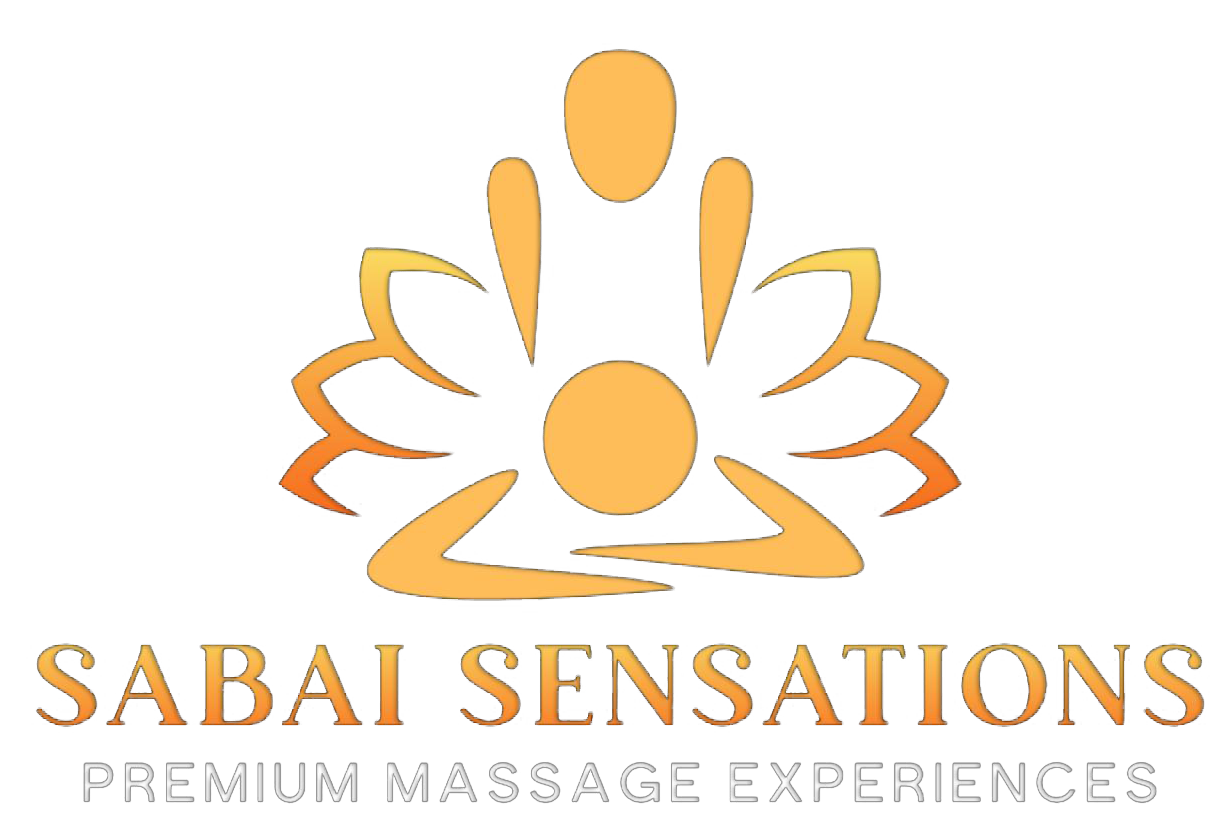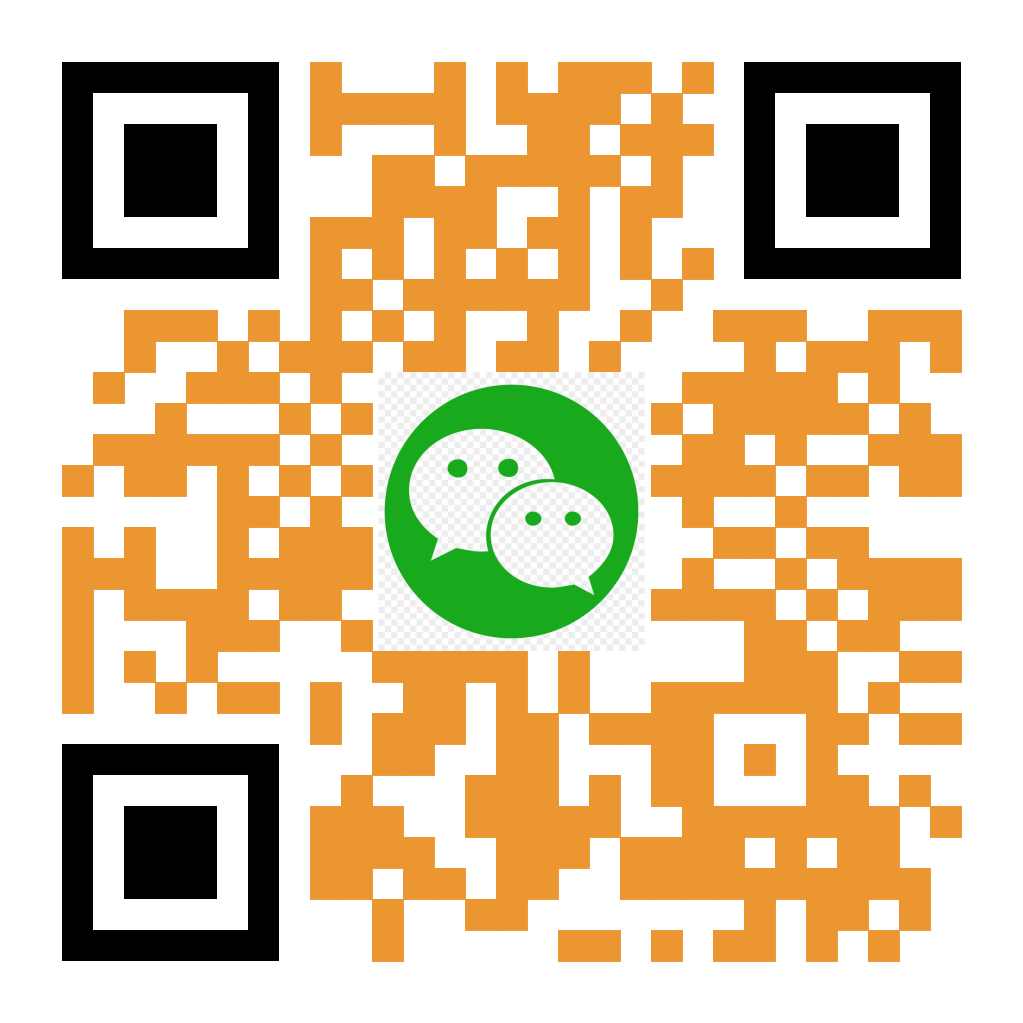Thai massage, also known as Thai yoga massage, is an ancient healing practice that dates back over 2,500 years. Originating from Thailand, this therapeutic technique has evolved from a blend of traditional Chinese medicine, Indian Ayurveda, and Southeast Asian practices. Thai massage is renowned not only for its ability to alleviate physical discomfort but also for its holistic approach that promotes mental, emotional, and spiritual well-being.
Historical and Cultural Context
The roots of Thai massage can be traced back to India and the teachings of Jivaka Kumar Bhaccha, the legendary doctor who is said to have treated the Buddha. Over centuries, the practice spread throughout Southeast Asia, where it absorbed elements of Chinese acupuncture and traditional Thai medicine. Today, Thai massage is a vital part of Thai culture and is often practiced in temples and homes as a form of preventive health care and spiritual practice.
Understanding the Technique
Thai massage differs significantly from Western massage therapies. It is typically performed on a floor mat, and the recipient remains fully clothed. The practice involves a series of guided, yoga-like stretches combined with rhythmic pressure along the body’s energy lines, known as “Sen” lines. These lines are believed to correspond to specific organs and systems within the body, similar to the concept of meridians in traditional Chinese medicine.
Practitioners use their hands, thumbs, elbows, knees, and feet to apply pressure and manipulate the body. This method not only enhances physical flexibility but also aims to balance the body’s energy flow, or “prana,” promoting overall health and vitality.
Physical Benefits
- Enhanced Flexibility: Thai massage incorporates extensive stretching techniques that increase muscle flexibility and joint mobility. This is particularly beneficial for athletes or individuals with physically demanding lifestyles.
- Pain Relief: The deep tissue techniques used in Thai massage can alleviate chronic pain, particularly in the back, shoulders, and neck. By targeting specific pressure points, the massage helps release muscle tension and improve circulation, reducing pain and inflammation.
- Improved Circulation: The combination of stretching and rhythmic pressure enhances blood flow throughout the body. Improved circulation helps deliver oxygen and essential nutrients to tissues, promoting healing and overall health.
- Detoxification: The massage stimulates the lymphatic system, aiding in the removal of toxins from the body. This detoxification process can boost the immune system and enhance overall well-being.
Mental and Emotional Benefits
- Stress Reduction: Thai massage is known for its profound relaxation effects. The slow, rhythmic movements and deep stretches help calm the nervous system, reducing stress and anxiety levels. Many recipients report feeling a deep sense of peace and relaxation after a session.
- Improved Mental Clarity: By balancing the body’s energy flow, Thai massage can enhance mental clarity and focus. The meditative aspect of the practice encourages mindfulness, helping individuals feel more present and aware.
- Emotional Balance: The holistic nature of Thai massage supports emotional health. The practice can help release stored emotional tension and promote a sense of emotional balance and well-being.
Spiritual Connection
Thai massage is often described as a form of “lazy man’s yoga” because it combines elements of yoga practice with therapeutic touch. This fusion creates a deep connection between the practitioner and the recipient, fostering a sense of unity and spiritual harmony. The practice encourages mindfulness and meditation, allowing individuals to connect more deeply with themselves and their surroundings.
Preparing for a Thai Massage
To fully benefit from Thai massage, it is essential to prepare properly. Wear loose, comfortable clothing that allows for a full range of movement. It is also important to communicate openly with your therapist about any specific areas of tension or discomfort, as well as any health conditions or injuries you may have. Staying hydrated before and after the session can help flush out toxins and support the healing process.
Conclusion
Thai massage is a comprehensive healing practice that offers a wide range of physical, mental, and spiritual benefits. Its unique combination of stretching, acupressure, and rhythmic movements creates a holistic approach to health and well-being. Whether you seek relief from chronic pain, stress reduction, or a deeper connection with your body and mind, Thai massage can provide a valuable and transformative experience. By embracing this ancient practice, you can discover the profound healing and rejuvenation that Thai massage has to offer.




